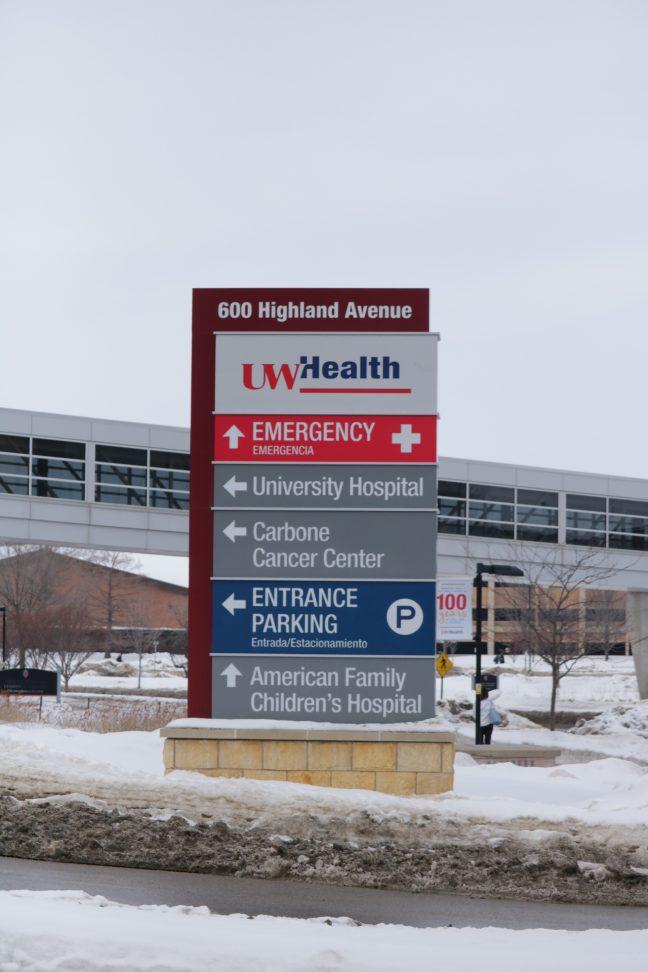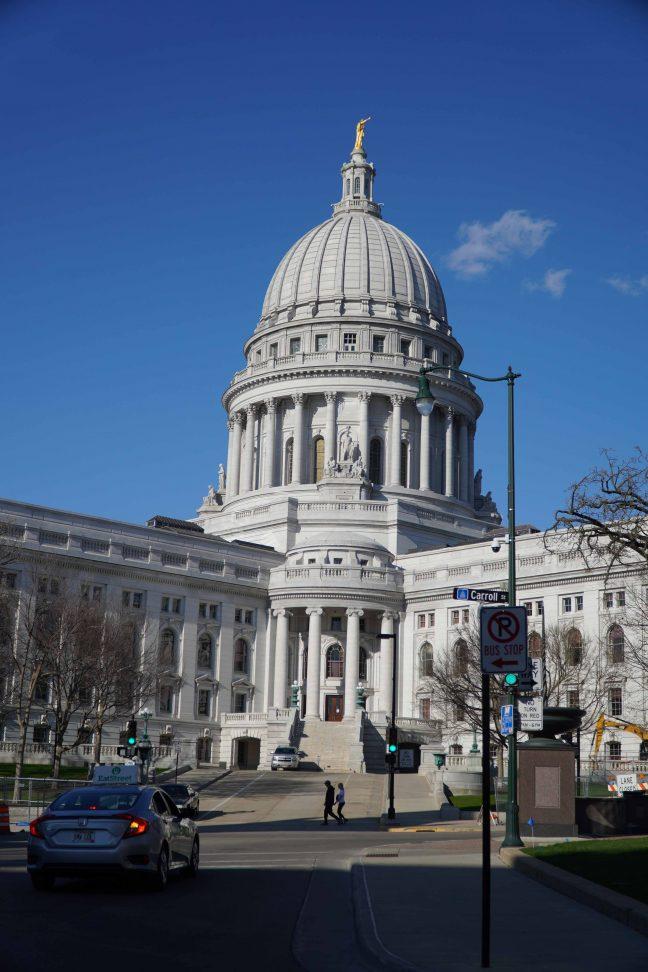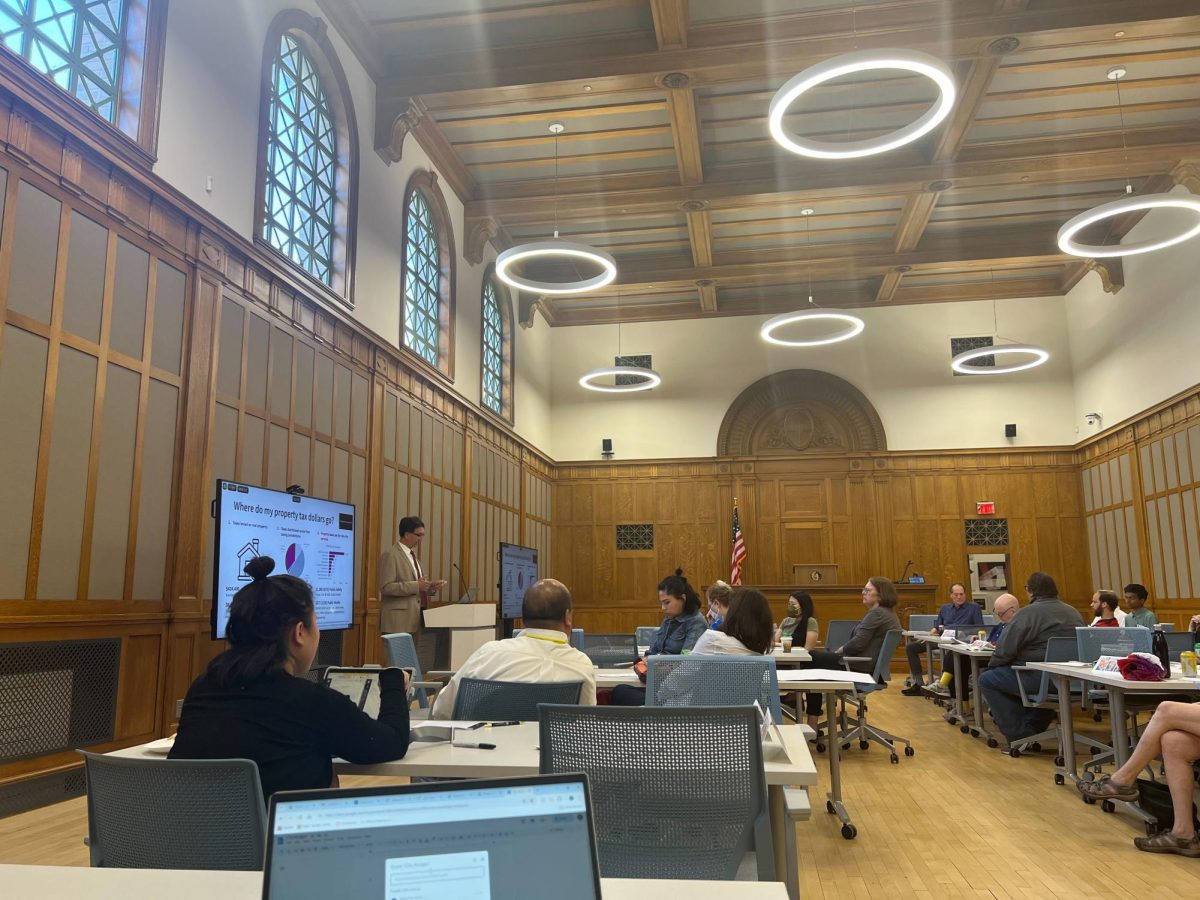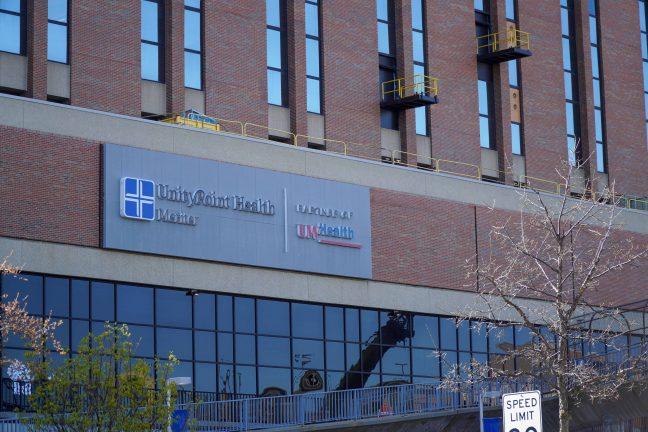Citing poor staff-to-patient ratios, low salaries and an unsafe work environment, dozens of University of Wisconsin Health nurses have taken to Facebook with the hashtag #whyuwnursesneedaunion demanding a union.
UW Health nurses lost their union in 2014 when the UW Hospitals and Clinics Authority used the Act 10 law to refuse renewal of their contract, according to UnionVoiceatUWHealth.org. Since then, things have gotten worse, UW nurse Nicole Wayman said.
“I would say since then things have progressively gotten more difficult for nurses,” Wayman said. “I feel like each year we lose one more benefit or one more thing that used to really draw people to UW to want to work as a nurse at UW.”
Wayman said UW nurses are understaffed and as a result, patient care has decreased. Having a union would help provide higher salaries and more benefits — things that would attract more nurses, Wayman said.
Medical cannabis research shows great potential but still faces barriers
UW Health is facing a nationwide shortage of nurses but is faring better than other hospitals, according to a UW Health press release. UW Health has a current nurse turnover rate of 10% — compared to the national average of 17% — and some of the best staff-patient ratios in the nation, the press release states.
“The pandemic has certainly added stress and high patient volumes to health systems,” UW Health Chief Executive Nurse Rudy Jackson said in the press release. “But we are working hard to address the staffing needs in several ways.”
Still, UW Health has around 300 nurse openings as of October 2021, according to the press release.
UW nurses have lost benefits as a result of the union disappearing, Wayman said. Four months ago, UW Children’s Hospital piloted mandatory overtime. This was very unpopular among nurses and especially difficult for single mothers who had to find more child care.
Since UW nurses lost their union, collaboration between upper management and the nurses has disappeared, UW Health nurse Aaron Signer said.
“[Since the union disappeared] it’s been really hard,” Signer said. “The collaboration has kind of gone away. It’s more of an adversarial [relationship] between management and the nurses.”
Former Gov. Scott Walker passed Act 10 in 2011. The legislation made it harder for public sector unions to stay organized and capped the raise they could bargain for to no higher than the consumer price index, according to Wisconsin Public Radio.
Signer said the UW Health administration uses Act 10 as an excuse to not negotiate with a union or talk to the nurses. But some labor lawyers have said it is legal for the UW Hospitals and Clinics Authority, known as UWHCA, to recognize the UW nurses as a union and begin negotiations, Signer said.
$2.5 million awarded to Dane County Continuum of Care to combat youth homelessness
UW Health is currently working with both an employee relations consultant and a legal expert to determine what is legal under Act 10, UW Health press secretary Emily Kumlien said in an email to The Badger Herald.
Kumlien cited a recent Wisconsin Legislative Council opinion that found while the UWHCA can not formally recognize a union for collective bargaining, hours or conditions of employment, employees can informally “meet and consult” with UWHCA to discuss such topics.
“While the UWHCA Board of Directors has on rare occasions received direct and unsolicited presentations, including from this group … the intent of the board is to align with the UW Board of Regents policy in the hopes of thoughtfully and efficiently conducting health system business,” Kumlien said.
Kumlien said individuals with interests they would like to bring before the board are welcome to send in written submissions to help inform board actions and decisions.
The UWHCA Board said in a statement they would appoint a governance committee on staffing issues to consult with management and schedule special meetings to hear more from nurses.
“The Board agrees with management that there is opportunity for improvement in two-way communication between UWHCA employees and management, including Shared Governance for nurses,” the statement said. “The Board acknowledges the work that UWHCA management has done to date to actively engage with its nurses and other employees to address concerns.”
UW Health declined multiple requests for a live interview.
Some alders on city council claimed in a press release that UWHCA has discouraged attempts to reform a union, citing last month rejection of a nurse’s request to add a discussion about forming a union to their Oct. 28 agenda. Instead, UWHCA spent a significant portion of the closed session talking to an anti-union consultant, according to a Madison Common Council press release.
City Council alderpersons Lindsay Lemmer and Patrick Heck said in the release that UW Health has created an “immoral and aggressive anti-union campaign against nurses which could undermine the safety and quality of patient care.”
Before 2014, UW nurses were a part of Service Employees International Union Healthcare Wisconsin, according to UnionVoiceatUWhealth.org.
If UW nurses were to rejoin that union, they would be able to elect colleagues who would negotiate contracts and give a voice to nurses, according to their website.
“If I were to have a union, I think it would afford me a voice in how I can continue to give the best care that I did [and] I think the people in the community deserve,” Wayman said. “I think having a union would solidify UW as being a remarkable place to work giving remarkable care to the people who come see us.”
Though many nurses have chosen to leave for higher-paying positions in Madison, Signer said he plans to stay at UW Health.
“I’m probably 10 years from retirement and I want to see this through and leave this hospital a better place than it is right now,” Signer said. “That’s why we’re in the middle of the fight.”
This story was updated on Nov. 18 at 10:45 a.m. to correction Aaron Signer’s name from “Singer.”


















